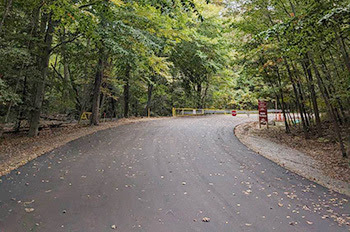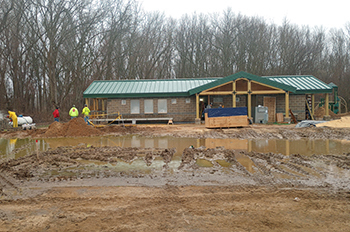Anti-Trapping Bills Introduced Across Country
Anti-trapping bills have been introduced in Connecticut, New Mexico, and Oregon. Sportsmen in these states need to contact their legislators and ask them to oppose the bills. Details are below.
In Connecticut, House Bill 5566, sponsored by Representative Alfred Camillo (R-Old Greenwich), would ban all foothold traps within 100 feet of any school or day care property, state park, municipal park, municipal playground, public road or highway, public boat ramp, public campground, rest area, public picnic area, blazed trail, or state hiking ground.
The anti-trapping bill is being cloaked as a “child safety” bill. Similar legislation was introduced in the state last year despite the fact that the Connecticut Department of Energy and Environmental Protection stated that there have been no reports of children ever being caught in foothold traps.
Connecticut House Bill 5566 is currently pending in the Joint Committee on Children.
In New Mexico, House Bill 579, sponsored by Representative Roberto Gonzales (D-Taos), would ban most forms of trapping in the state. Not only would the bill make trapping a crime, it would also make it a crime for a landowner to allow trapping on their lands. Additionally, the bill prohibits buying or selling the raw fur of any furbearer taken by trapping even if they were legally trapped out of state.
If passed, trapping would only be allowed in New Mexico by government officials under very limited exceptions where trapping is the “only feasible method” to protect human health and safety.
New Mexico House Bill 579 is currently pending in the House Committee on Energy and Natural Resources.
In Oregon, Senate Bill 494, sponsored by the Senate Judiciary Committee, would ban all body-gripping traps in the state, including foothold traps, conibear traps, snares, and any other trap that grips an animal.
Additionally, the bill would:
- Require trappers to post a sign warning the public of the location of and “the danger posed by the trap to animals and humans” within 5 feet of each trap;
- Ban trapping within 100 feet of any trail, campground, picnic area, or any other area frequented by the public;
- Decrease the required trap check time from 48 hours to 24 hours; and
- Require all traps be tagged with a metal identification tag that includes the name and telephone number of the trapper.
Oregon Senate Bill 494 is currently pending in the Senate Committee on Environment and Natural Resources.
Take Action! Sportsmen in these states should contact their legislators and ask them to vote against these bills. Tell them that trapping is a proven and effective means of managing wildlife populations that does not pose a risk to the public or other wildlife populations. Visit USSA’s Legislative Action Center to find your state legislators’ contact information.
– See more at: http://www.ussportsmen.org/legislative-action/anti-trapping-bills-introduced-across-the-country/#sthash.DOZMdzow.dpuf






